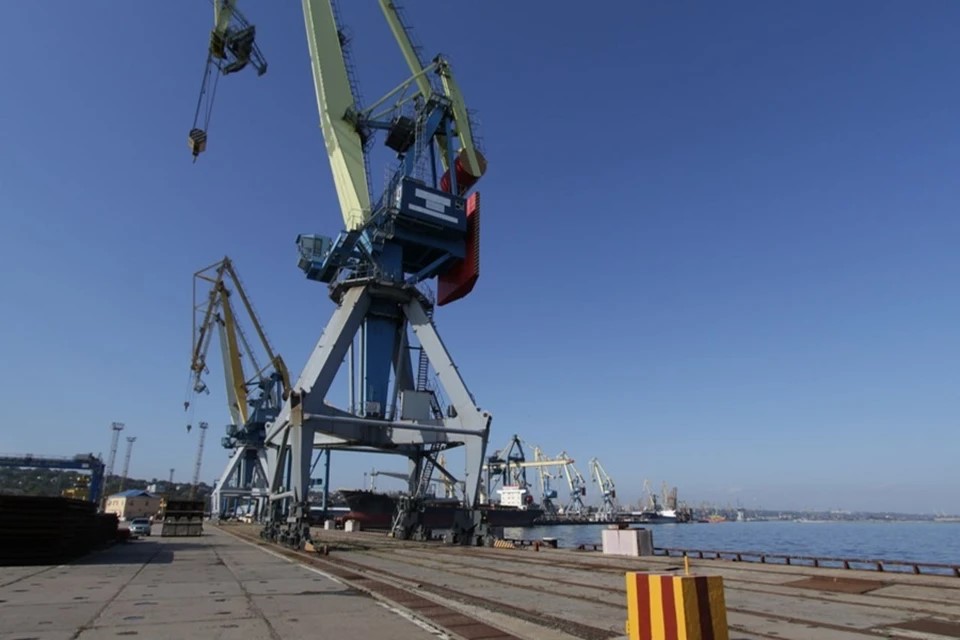Russia uses cryptocurrency exchanges in Kyrgyzstan to circumvent international sanctions and finance its war against Ukraine, according to a new report by the analytics company TRM Labs, which specializes in blockchain investigations, as reported by The Record.
According to the researchers, virtual asset service providers (VASPs) registered in Kyrgyzstan have been repeatedly used by Russian entities under sanctions. Many of these companies show signs of being shell companies: they list identical contact details, addresses, and founders, and some do not conduct any open commercial activity or have public platforms for users. Some crypto exchanges share phone numbers with logistics companies, and among the founders are individuals without business or digital asset experience.
TRM Labs also discovered that a number of Kyrgyz platforms, based on wallet infrastructure and behavioral patterns, resemble the Russian exchange Garantex, which the US sanctioned and shut down in 2022. Researchers believe that some of the new companies may be run by the same people who managed Garantex.
Since the full-scale invasion of Ukraine in 2022, Moscow has increased the use of alternative financial channels. Kyrgyzstan has become an important logistical and financial hub for the supply of sanctioned and dual-use goods to Russia, including semiconductors, drone components, and electronic warfare equipment. These goods are often first exported from China and then redirected to Russia through Kyrgyz territory.
The situation is worsened by Kyrgyzstan’s liberal cryptocurrency legislation. The law passed in 2022 legally recognized virtual assets and introduced a licensing system for crypto businesses, formally putting them under local regulators’ control. However, this regulatory framework has enabled the creation of dozens of anonymous crypto platforms that are practically difficult to trace.
According to TRM Labs, this loophole in Kyrgyz jurisdiction is part of a large-scale Kremlin strategy to restructure the economy toward a sanctions-resistant model. Within Russia itself, institutionalization of sanction evasion schemes is also taking place. For example, the Higher School of Economics in Moscow recently launched a master’s program training students on how to operate under Western trade and financial restrictions.
Meanwhile, concern is growing in the West over the expansion of Russian infrastructure for sanctions evasion. In June, the US charged a Russian citizen living in New York with using his cryptocurrency company to transfer American technology and finances for the benefit of Russian banks under sanctions.
TRM Labs emphasizes that if the spread of these schemes is not stopped, Russia could scale them to neighboring countries. Researchers called on Western governments and law enforcement agencies to immediately cooperate with Kyrgyz authorities to ensure enforcement of the sanctions regime.





















